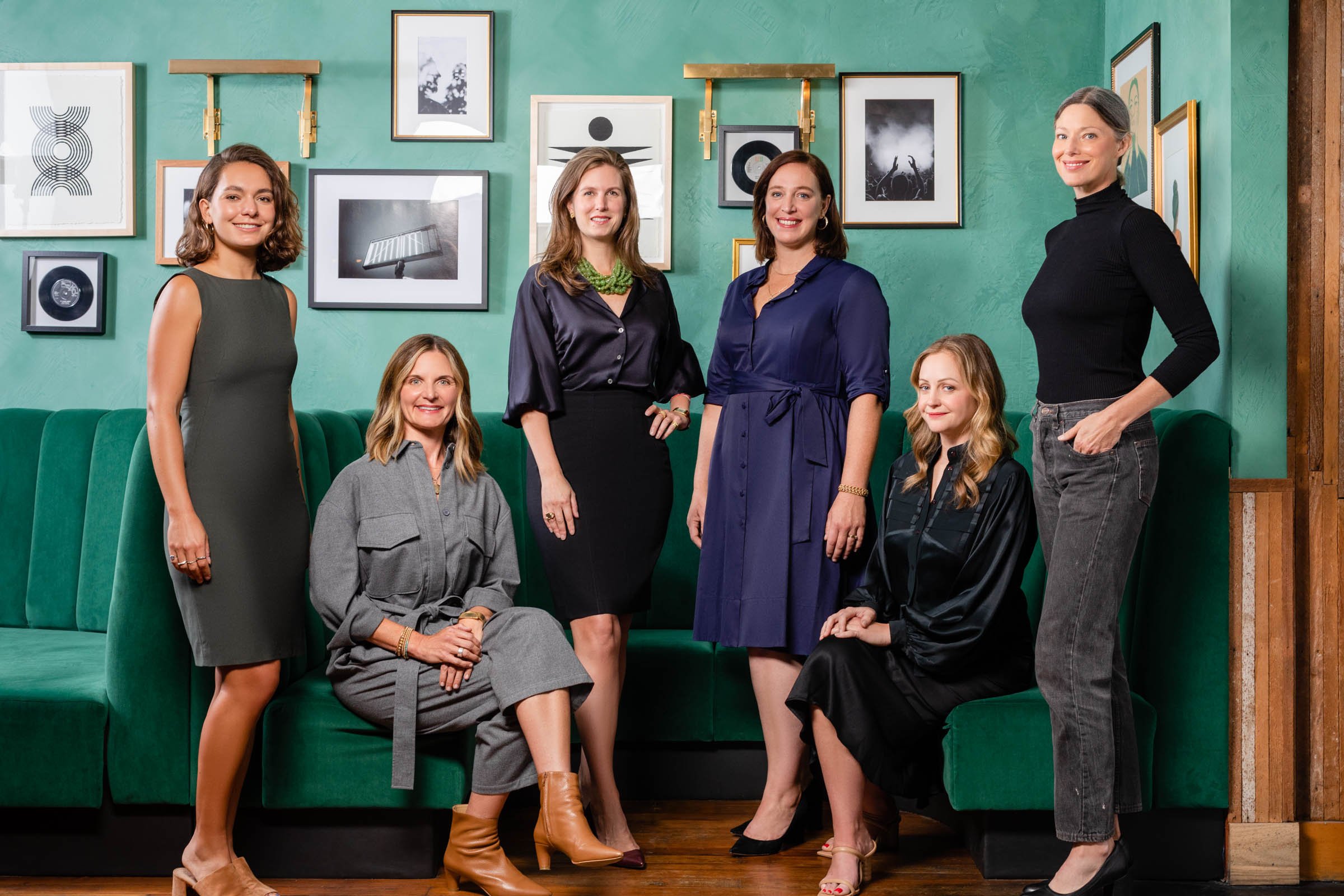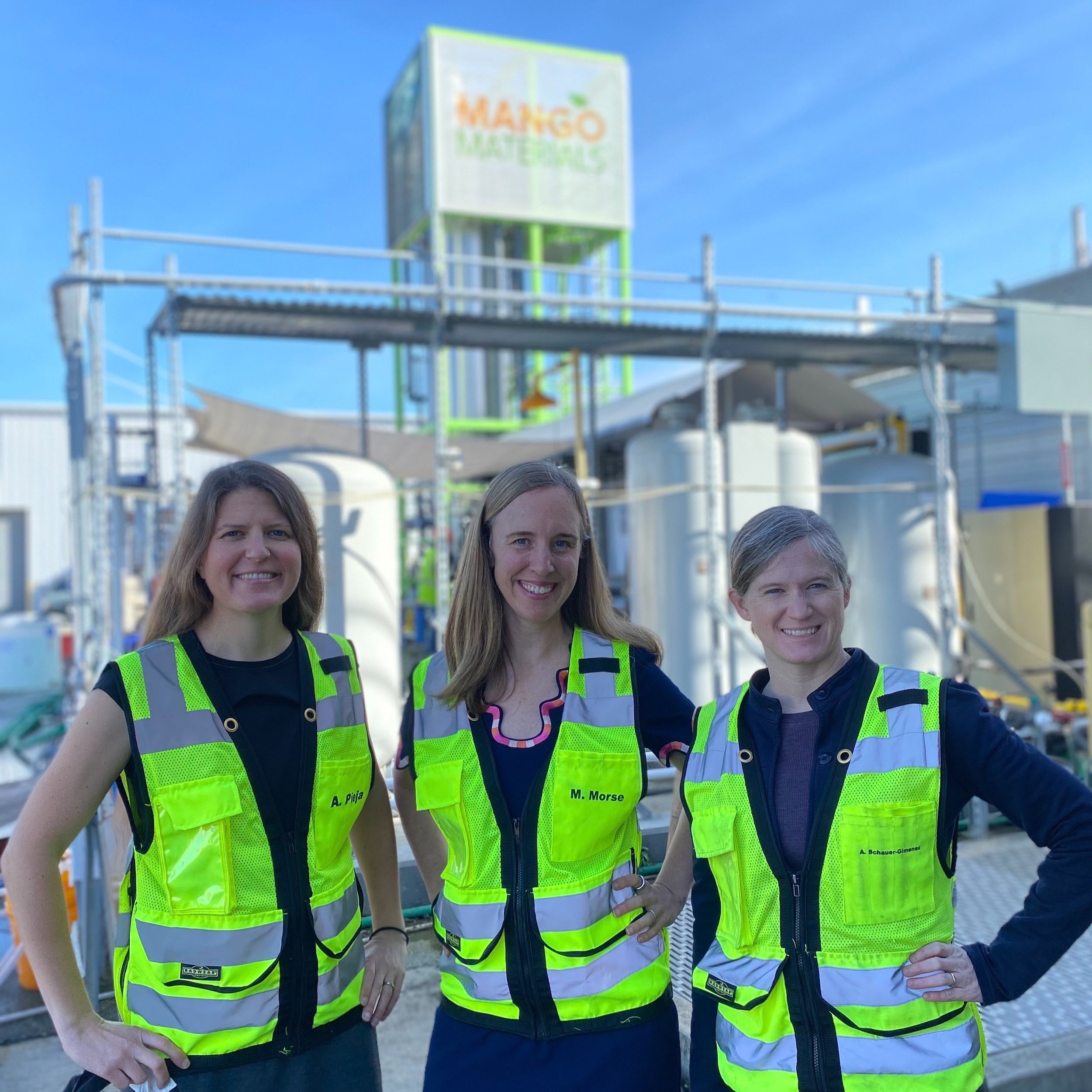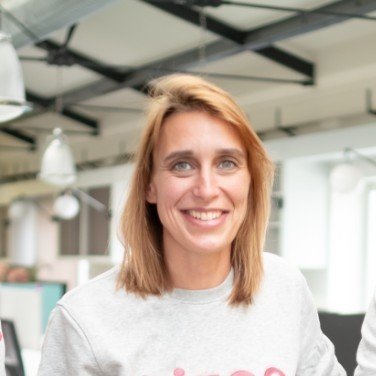By Karla Mora
The founder journey is always filled with ups and downs, but these past few years, being a founder against this backdrop of disruptive external factors, the pressure has mounted. In response, there has been growing emphasis across the VC community on the importance of supporting wellness and the mental health of startup founders. We agree this needs more attention and we’re committed to creating a VC culture that values vulnerability, directness, and steady presence - because we know this enables us to discern what needs to be done and respond effectively. This year, in the wake of macroeconomic uncertainty and a banking crisis in the startup venture sector, we began offering monthly mindfulness meditation to our portfolio Founders, led by our Managing Director Kate Dillon Levin, who is a certified mindfulness teacher.
A huge part of the joy I find in early-stage investing is partnering with startup founders and supporting them in the early years of their company’s growth. We often find ourselves extolling the many virtues of our portfolio company founders during team meetings - they are so impressive, courageous, creative, and visionary. And yet also vulnerable. I’m a founder myself, and while there are incredibly exciting and rewarding moments, the journey can also be lonely, heavy, and all encompassing. Founders bear a tremendous weight in service of their vision. And while we might all understand there will be highs and lows, successes and failures - meeting those changing tides with compassion and calm is easier said than done.
As founder mental health becomes an increasingly important topic, new resource lists and commitments like the Founder’s Mental Health Pledge - which we are signatories to - are being made available. When Kate offered to bring her mindfulness teaching skills to Alante founders, Leslie and I were instantly supportive. I always wanted one of Alante’s greatest strengths to be our culture. We value non-traditional, under-represented backgrounds and paths. We value and make space for work life balance. We don’t expect perfection, but rather partnership and communication. It's okay to say ‘I don’t know’ and it’s okay to misstep. It’s all part of the creative journey. The sooner we can be present for what is happening, the sooner we can move forward with a solution. Mindfulness provides a tool that empowers us to be productive in our vulnerability. To help us observe if our desire to act comes from a place of fear, or confidence. To know when it’s time to pause, or time to move.
While we’ve personally experienced the benefit, the evidence supporting mindfulness for leadership and well being is available anecdotally as well as in peer-reviewed journals. What I love that Kate always emphasizes in her sessions is that while mindfulness practices can make us better as individuals, it also has a ripple effect on the people we love and work with. We practice in service of others as much as for ourselves and that’s a powerful way to lead and bring innovative technology into the world.
Specific to the founder journey, we know that a business may only be as viable as its leader’s ability to manage the highs and lows of the arduous work of founding a business, especially these days. Mindfulness practice can help manage burnout, reduce defensive reactivity, and increase compassion - both for oneself and others. And all of this enhances creativity, resilience, and our capacity to connect with others. So in our opinion, making our founder’s well-being a priority is a responsible VC practice. We hold space for founder meditation monthly. It’s absolutely not required - and we are conscious of the perceived power dynamic between investors and founders- so we are sure to make that abundantly clear. Sometimes many show up, sometimes none, and that’s perfectly fine with us. The point is that the resource and community is there if they ever decide they need it.
Alante was founded for purpose so we understand the passion - and pressure - to create and realize a vision. We love working hard AND we practice meeting our edges with compassion. We are a work in progress, but this culture is our north star.
To learn more about Kate’s teaching practice for founders, email her at kate@alantecapital.com.














